
The quest for optimal well-being and vitality has led many to turn towards dietary vitamins. These top 8 popular health supplements promise to bridge the gap between our daily dietary intake and the nutrients we need to stay fit and thrive. Among the myriad of choices available, it’s essential to distinguish between what’s beneficial and what might just be marketing hype. In this blog post, we’ll delve into some of the most prominent “vitamins and minerals” and shed light on their purported benefits.
The top 8 Popular Health Supplements:
1. Multivitamins
Perhaps the most well-known among all vitamin and mineral supplements are designed to provide a comprehensive range of essential vitamins and minerals. They are often the go-to for those seeking a one-size-fits-all approach to daily nutrition.

2. Omega-3 Fatty Acids (Fish Oil)
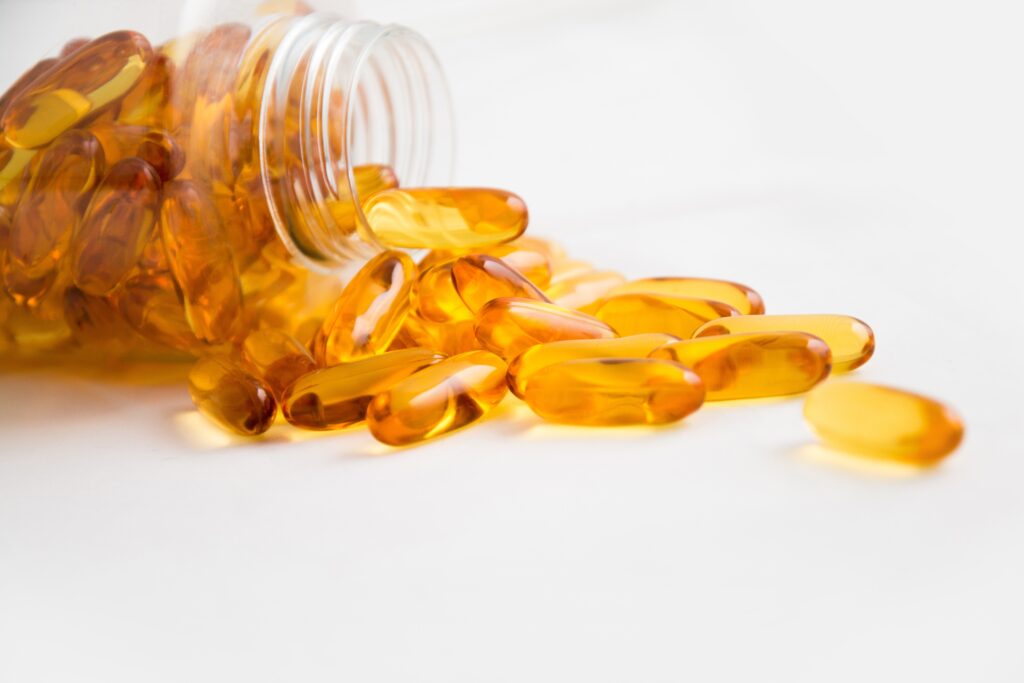
These essential fats, primarily found in fish, are known to support heart health, reduce inflammation, and even aid brain function. Numerous studies have shown that they play a pivotal role in maintaining overall wellness.
3. Probiotics
With increasing research on the gut-brain connection and the role of gut health in overall wellness, probiotics have soared in popularity. These supplements contain beneficial bacteria that help maintain a healthy gut flora.
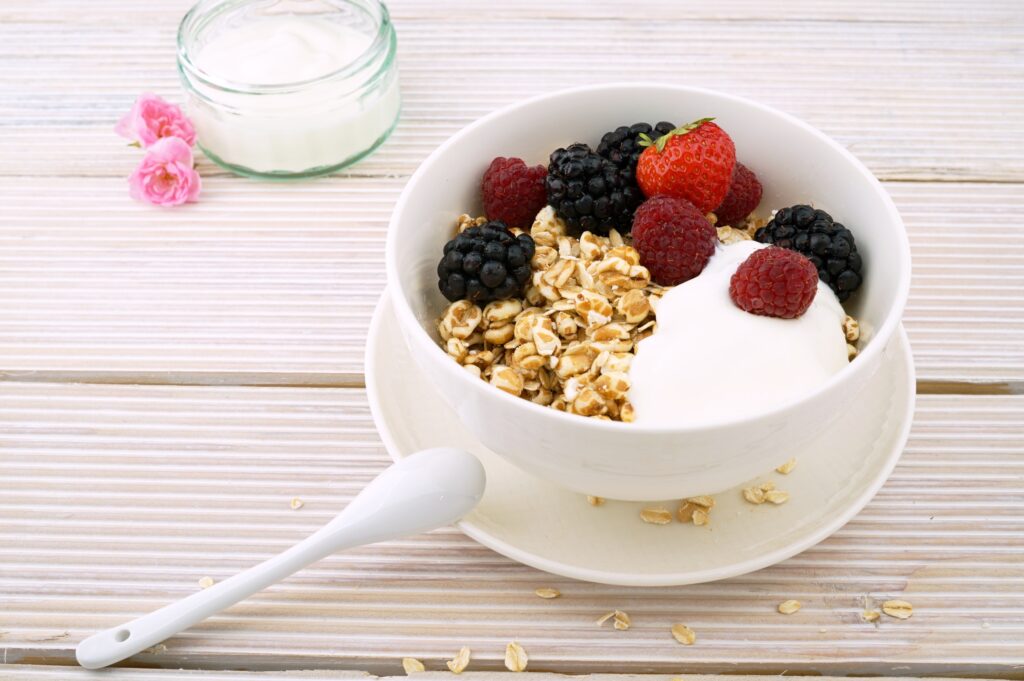
4. Vitamin D

Especially in regions with limited sun exposure, Vitamin D supplementation is crucial. It aids in calcium absorption, ensuring healthy bones and teeth, and has been linked to improved mood and immune function.
5. Protein Powders
These are most popular especially among fitness enthusiasts. They provide the body with essential amino acids, assisting in muscle recovery and growth.
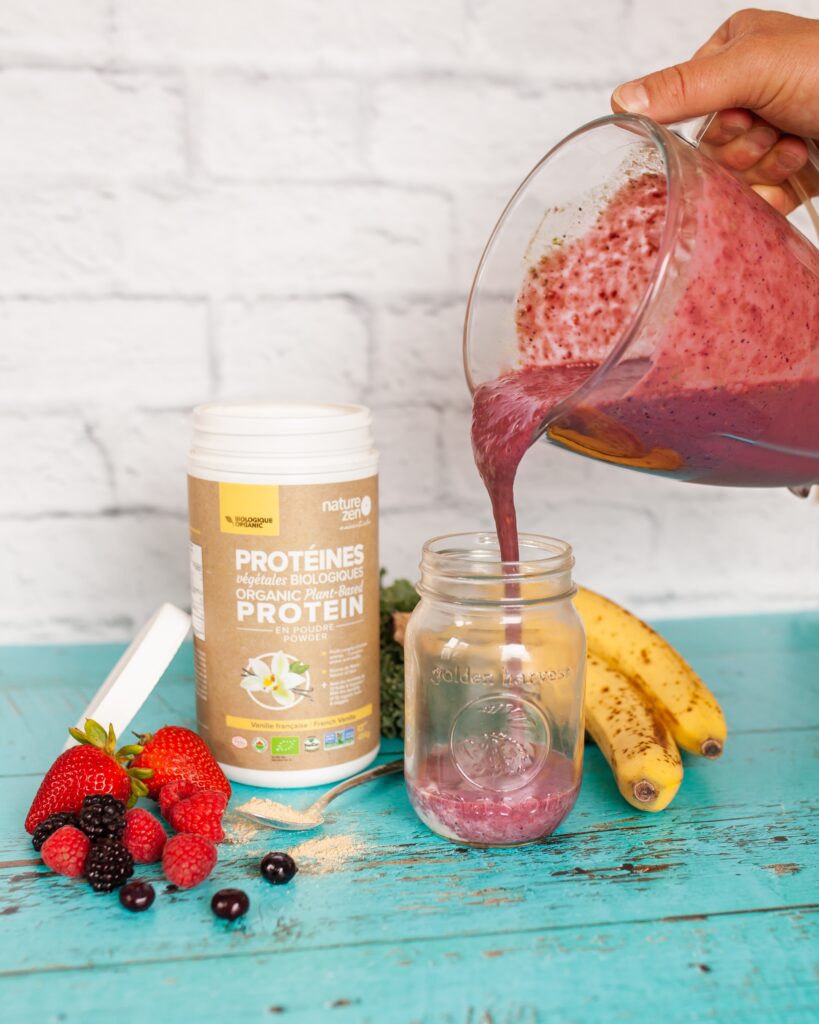
6. Antioxidants (e.g., Vitamin C, E, and Resveratrol)
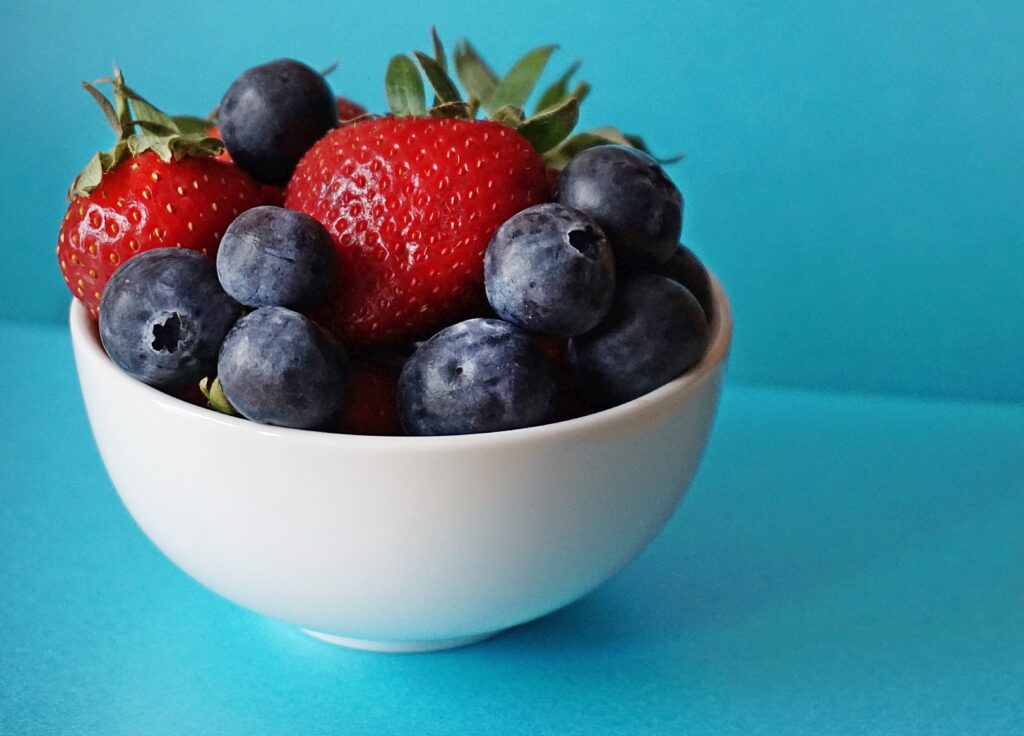
Antioxidants play a significant role in neutralizing free radicals, thus protecting our cells from damage. This can lead to improved skin wellness, immune function, and even delay signs of aging.
7. Magnesium
This essential mineral plays a role in over 300 enzymatic reactions in the body. From muscle and nerve function to energy production, magnesium is crucial for overall wellbeing.
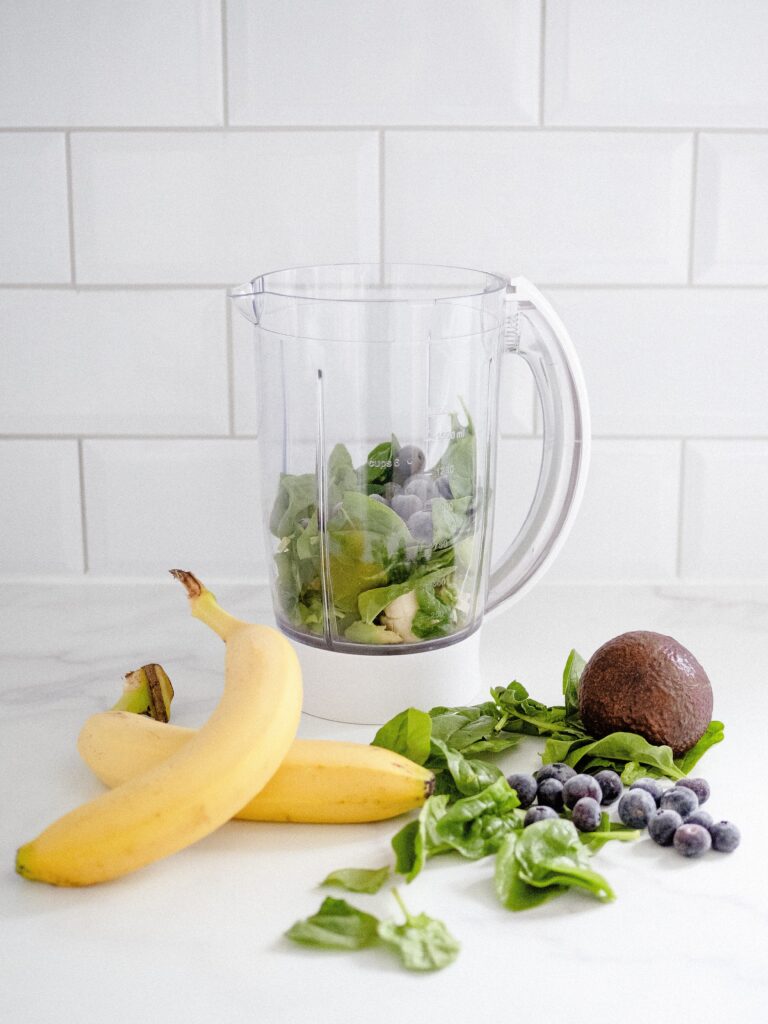
8. Turmeric and Curcumin
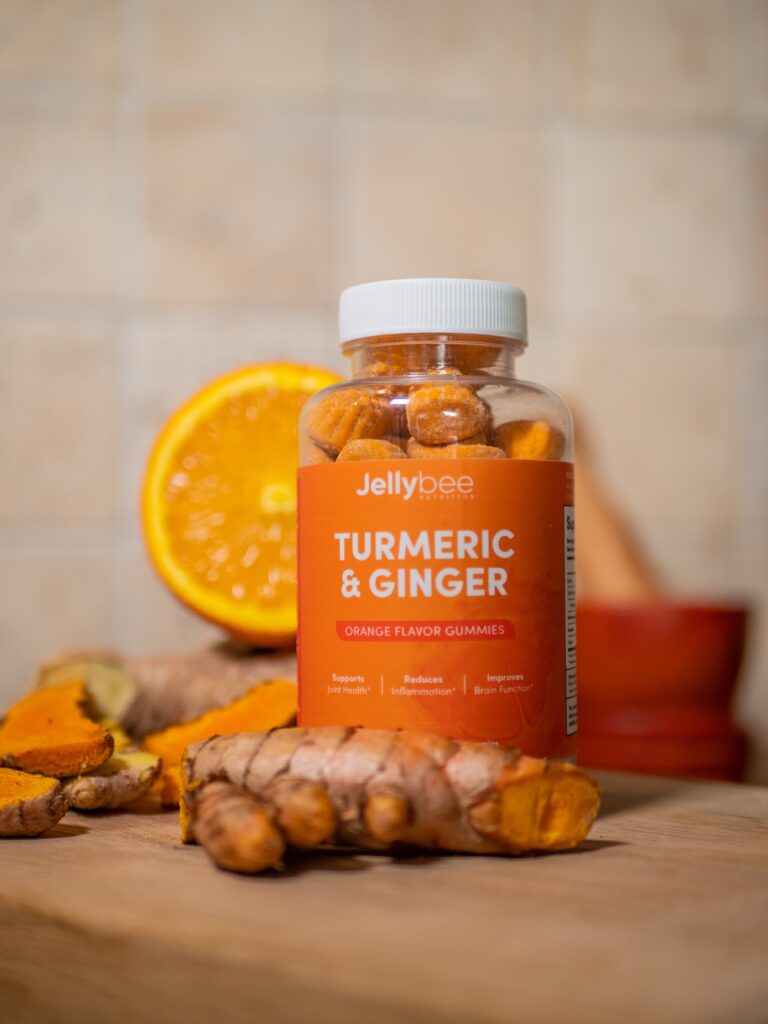
Hailed for its anti-inflammatory properties, turmeric, and its active ingredient curcumin, has been embraced as a natural way to combat inflammation and pain.
Don’t forget to check out the 7 Best Vitamins to take daily
Pros & Cons
1. Multivitamins
Pros:
- Balanced Nutrition: They fill nutritional gaps, ensuring a comprehensive intake of essential vitamins and minerals.
- Convenience: A single pill or gummy can provide a wide array of nutrients.
Cons:
- Over-reliance: Some might neglect a balanced diet, thinking a pill replaces whole foods.
- Potential Overdose: It’s possible to get too much of certain suplements and minerals, which can have adverse effects.
2. Omega-3 Fatty Acids (Fish Oil)
Pros:
- Heart Health: Omega-3s are linked to a reduced risk of heart diseases.
- Brain Function: They support cognitive health and can reduce the risk of neurodegenerative diseases.
Cons:
- Digestive Issues: Some users report stomach issues or a fishy aftertaste.
- Potential Contaminants: Low-quality fish oil might contain harmful pollutants.
3. Probiotics
Pros:
- Gut Health: They support a balanced gut flora, aiding digestion and nutrient absorption.
- Immune Support: A healthy gut can enhance the immune response.
Cons:
- Temporary Side Effects: Some might experience gas or bloating when starting.
- Strain Specificity: Not all probiotic strains offer the same benefits.
4. Vitamin D
Pros:
- Bone Health: It promotes calcium absorption, crucial for bones and teeth.
- Mood Regulation: Some studies suggest it can help combat depression.
Cons:
- Overdose Risks: Excessive vitamin D can lead to toxicity.
- Absorption Issues: Some might have difficulty absorbing the vitamin effectively.
5. Protein Powders
Pros:
- Muscle Repair: They aid in muscle recovery post-exercise.
- Convenience: Quick and easy protein source, especially post-workout.
Cons:
- Digestive Issues: Some can experience bloating or gas.
- Artificial Ingredients: Some brands might have additives or sweeteners.
6. Antioxidants (e.g., Vitamin C, E, and Resveratrol)
Pros:
- Cell Protection: They neutralize free radicals, protecting cells from damage.
- Immune Boost: Vitamin C, in particular, is known to bolster the immune system.
Cons:
- Over-Supplementation: Excessive intake might interfere with the body’s natural antioxidant defenses.
- Interaction with Medications: Some antioxidants can interfere with certain medicines.
7. Magnesium
Pros:
- Muscle Function: It aids in muscle relaxation and can help prevent cramps.
- Mood Regulation: Some studies suggest it can help with depression and anxiety.
Cons:
- Digestive Issues: High doses can cause diarrhea.
- Interaction with Medications: Magnesium can interfere with certain drugs.
8. Turmeric and Curcumin
Pros:
- Anti-inflammatory: It’s a natural way to combat inflammation and pain.
- Antioxidant Boost: Curcumin has potent antioxidant properties.
Cons:
- Absorption Issues: Curcumin, on its own, is poorly absorbed by the body.
- Blood Thinning: High doses can act as a blood thinner.
My Personal Experience

Navigating the world of health supplements can be daunting, but having personally tried a variety of them, I feel I’ve gathered some unique insights to share. Here’s a snapshot of my journey with the eight popular mentioned earlier:
1. Multivitamins
Experience: I started taking suplements during a particularly busy period of my life when my diet wasn’t as balanced. I felt a subtle increase in energy and found it convenient to get a broad spectrum of nutrients in one go. However, I noticed it’s essential to pair them with a meal to avoid stomach upset.
2. Omega-3 Fatty Acids (Fish Oil)
Experience: I introduced fish oil into my regimen after reading about its brain and heart benefits. While I didn’t notice a drastic difference day-to-day, my recent check-ups have shown improved heart metrics. The key was to find a brand without that fishy aftertaste!
3. Probiotics
Experience: This was a game-changer for my digestive health. Initially, I experienced some bloating, but after a week, it subsided, and my digestion felt more regular and robust. I learned it’s essential to store them correctly, as some strains are sensitive to heat.
4. Vitamin D
Experience: Living in a city where sun exposure is minimal, I turned to Vitamin D. Over time, I felt an improvement in my mood, especially during the darker months. I did have to adjust my dosage under my doctor’s guidance, as it’s easy to assume more is better, which isn’t always the case.
5. Protein Powders
Experience: As someone who exercises regularly, protein powders became a convenient post-workout snack. I had to experiment with a few brands before settling on one that didn’t cause bloating. Plus, the added benefit? It curbs my sweet cravings with the chocolate-flavored ones!
6. Antioxidants (e.g., Vitamin C, E, and Resveratrol)
Experience: I began taking Vitamin C during flu season and noticed fewer colds. However, when I tried resveratrol, I didn’t observe any immediate effects, but I’m hopeful for its long-term protective benefits.
7. Magnesium
Experience: Magnesium has been a nightly ritual for me. It not only helps with occasional leg cramps but also aids in a more restful night’s sleep. Just be cautious with the dosage; too much led to a few rushed trips to the restroom!
8. Turmeric and Curcumin
Experience: Being an active individual, joint strength is crucial. I introduced turmeric capsules into my routine and noticed a reduction in post-exercise soreness. However, I did pair it with black pepper to enhance absorption.
Every individual’s experience can vary, and what worked for me might not work for everyone. It’s a journey of understanding your body and its needs. Always remember to consult with a healthcare professional to ensure these aligns with your goals and current state of well-being.
Pricing
1. Multivitamins
Average Price Range: $10 – $50 for a 30-day supply

Factors that affect the price include the brand, whether they’re tailored for specific demographics (e.g., men, women, seniors), and the number of nutrients included.
2. Omega-3 Fatty Acids (Fish Oil)
Average Price Range: $15 – $50 for a 30-day supply
The price can fluctuate based on the concentration of EPA and DHA, the source of the fish oil, and any third-party testing for purity.
3. Probiotics
Average Price Range: $20 – $70 for a 30-day supply
The price depends on the number of live cultures, the variety of strains included, and any special packaging to ensure viability of the bacteria.
4. Vitamin D
Average Price Range: $7 – $25 for a 30-day supply
Dosage strength and whether it’s combined with other suplements (like calcium) can influence the price.
5. Protein Powders
Average Price Range: $20 – $80 for a standard tub (which might last from 15 to 30 servings)
Type of protein (whey, plant-based, casein), brand, and any organic or specialty ingredients can dictate the cost.
6. Antioxidants (e.g., Vitamin C, E, and Resveratrol)
Vitamin C: $5 – $30 for a 30-day supply Vitamin E: $8 – $40 for a 30-day supply Resveratrol: $20 – $70 for a 30-day supply
Prices vary based on dosage, brand, and any combined ingredients in the formulation.
7. Magnesium
Average Price Range: $10 – $40 for a 30-day supply
Type of magnesium (e.g., magnesium citrate, magnesium oxide), dosage strength, and brand are significant factors in pricing.
8. Turmeric and Curcumin
Average Price Range: $20 – $60 for a 30-day supply
Factors affecting price include the concentration of curcumin, added ingredients (like black pepper extract for absorption), and brand.

In conclusion, while cost can be an important factor, it’s essential to prioritize quality. Always do your research, check for third-party testing, and ensure you’re getting a product that’s safe and effective.
Alternatives to health supplements
1. Whole Foods Over Multivitamins
Whole Foods: Instead of relying on suplements, aim for a balanced diet that includes a variety of nutrient-dense foods to substitute for a healthy diet.
- Fruits & Vegetables: Rich in vitamins, minerals, and antioxidants.
- Whole Grains: Provide B vitamins, fiber, and essential minerals.
- Lean Meats & Poultry: Good sources of essential amino acids and several vitamins.
2. Fatty Fish Over Omega-3 Supplements
Fatty Fish: Consuming fish like salmon, mackerel, sardines, and trout can offer natural sources of Omega-3s.
- Benefits: Besides Omega-3s, you also get high-quality protein, vitamin D, and other key nutrients.
3. Fermented Foods Over Probiotics
Fermented Foods: These foods naturally contain beneficial bacteria that can promote gut health.
- Examples: Yogurt, kefir, sauerkraut, kimchi, kombucha, and fermented pickles.
4. Sun Exposure Over Vitamin D Supplements
Sunlight: Spending time outdoors, especially in sunlight, allows our skin to produce vitamin D naturally.
- Note: The required time can vary based on skin tone, location, and time of year. However, always be mindful of the risk of excessive sun exposure and use sunscreen when needed.
5. Protein-Rich Foods Over Protein Powders
Protein Sources: Many natural foods provide high-quality protein.
- Examples: Eggs, chicken, turkey, beef, legumes, tofu, quinoa, and dairy products.
6. Nutrient-Dense Foods Over Antioxidant Supplements
Antioxidant-Rich Foods: Many foods naturally offer a rich array of antioxidants.
- Examples: Berries, nuts, dark chocolate, spinach, and artichokes.
7. Magnesium-Rich Foods Over Magnesium Supplements
Magnesium Sources: Consuming foods high in magnesium can help meet your daily needs.
- Examples: Leafy greens, nuts, seeds, whole grains, and bananas.
8. Turmeric as a Spice Over Curcumin Supplements
Turmeric in Cooking: Instead of taking it as a supplement, incorporate turmeric into your meals.
- Usage: It’s commonly used in curries, soups, and even teas.
Lifestyle Considerations
Beyond dietary choices, other holistic practices can enhance well-being:
- Regular Exercise: Supports cardiovascular health, bone density, and mental well-being.
- Adequate Sleep: Ensures recovery and cognitive functions.
- Stress Management: Techniques like meditation, yoga, and deep breathing can reduce the need for certain health supplements aimed at stress or mood support.
In conclusion

While everything discussed above can be beneficial in certain situations, such as deficiencies or specific wellness needs, whole foods and lifestyle choices often provide a broader spectrum of nutrients. Before making changes to your diet or supplement routine, it’s always advisable to consult with a healthcare professional.
The landscape of popular wellness supplements is vast and ever-evolving. While supplementation can be beneficial, it’s essential to remember that they should complement a balanced diet and not replace it. It’s always a good practice to consult with a healthcare professional before introducing any new wellness supplements like vitamin D, magnesium, or fish oil into your regimen.
As more research emerges and our understanding deepens, it’s safe to say that the realm of “popular wellness supplements” will continue to evolve. Stay informed, make educated choices, and prioritize your overall well-being.
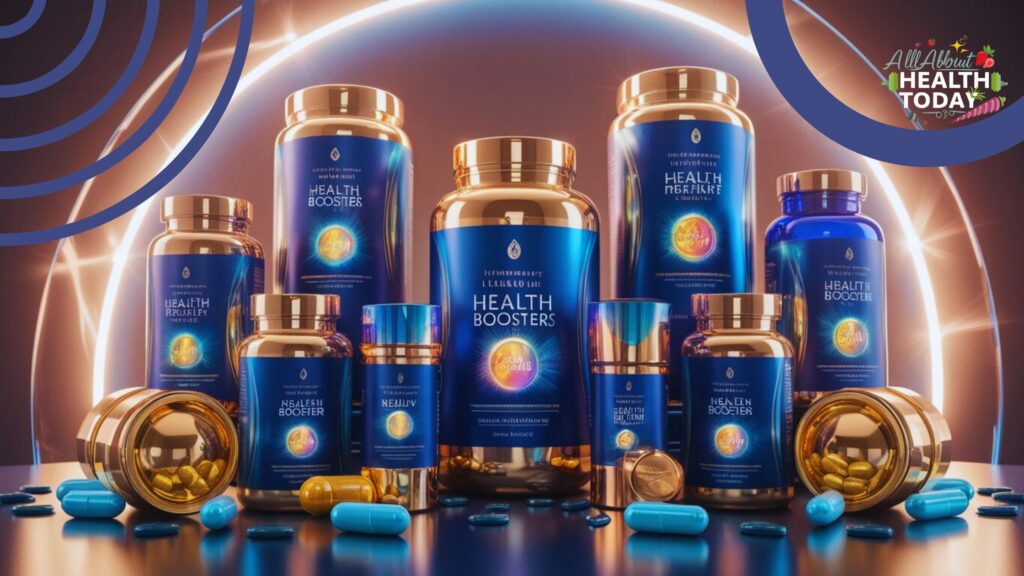



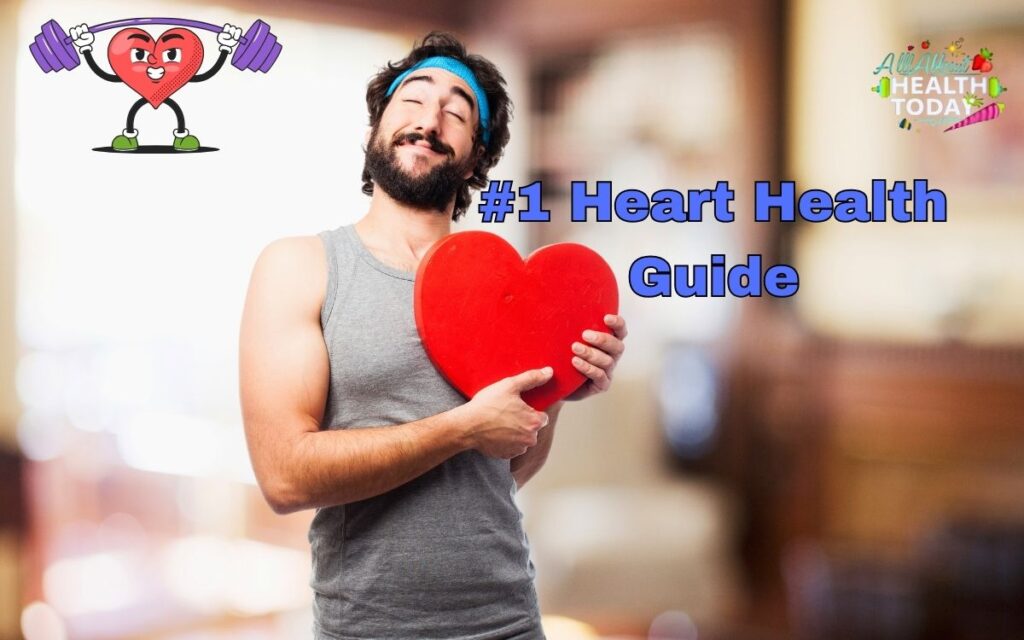



Comments are closed.